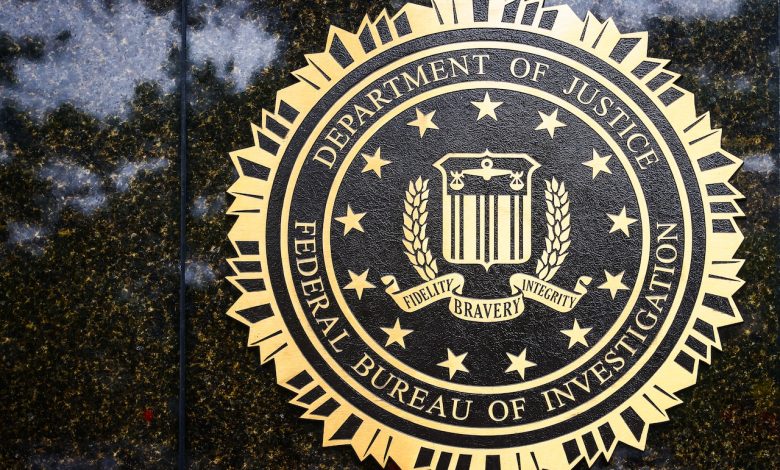FBI alert: New crypto trap drains wallets in seconds

The FBI has issued a public alert about a sophisticated cryptocurrency scam targeting users of the Hedera Hashgraph network.
Cybercriminals are using fake nonfungible tokens (NFT) airdrops — promoted as free rewards — to trick people into handing over sensitive wallet information, ultimately draining their crypto accounts, the FBI said.
The FBI described NFTs as unique digital tokens stored on a blockchain that prove ownership and authenticity of a specific item, like art, media, or other digital or physical assets. Unlike cryptocurrencies, NFTs are not interchangeable because each one is one-of-a-kind, the bureau added.
According to the FBI, scammers are exploiting the airdrop feature in non-custodial wallets, which are commonly used by Hedera users. People who fall victim receive what appears to be legitimate tokens or rewards, often accompanied by a memo containing a link, the FBI said. The link leads to a malicious website that prompts users to connect their wallet or enter their seed phrase, a critical security key. Once entered, the attackers gain full access to the wallet and steal its contents, the FBI said.
The criminals are also spreading the fake offers through social media, phishing emails and third-party websites, luring users with promises of free NFTs or crypto bonuses, the FBI warned. Once a user clicks the link and connects their wallet, the attackers can move funds without authorization.
Those who have fallen victim to the cam are asked to report incidents to the FBI’s Internet Crime Complaint Center, including transaction details like wallet addresses, amounts and transaction IDs.
For more information and tips on how to protect yourself, visit the FBI’s cryptocurrency scam guidance page.
- Who is the best Starbucks barista in the world? We’re about to find out
- Rare swamp-dwelling ghost plant may soon get help from government
- Actor files emergency custody order against actress ex-wife for her parenting move
- Three nursing homes accused of shocking violations in $3.6 million settlement
- Survey: 71% of superintendents share health concerns for students




